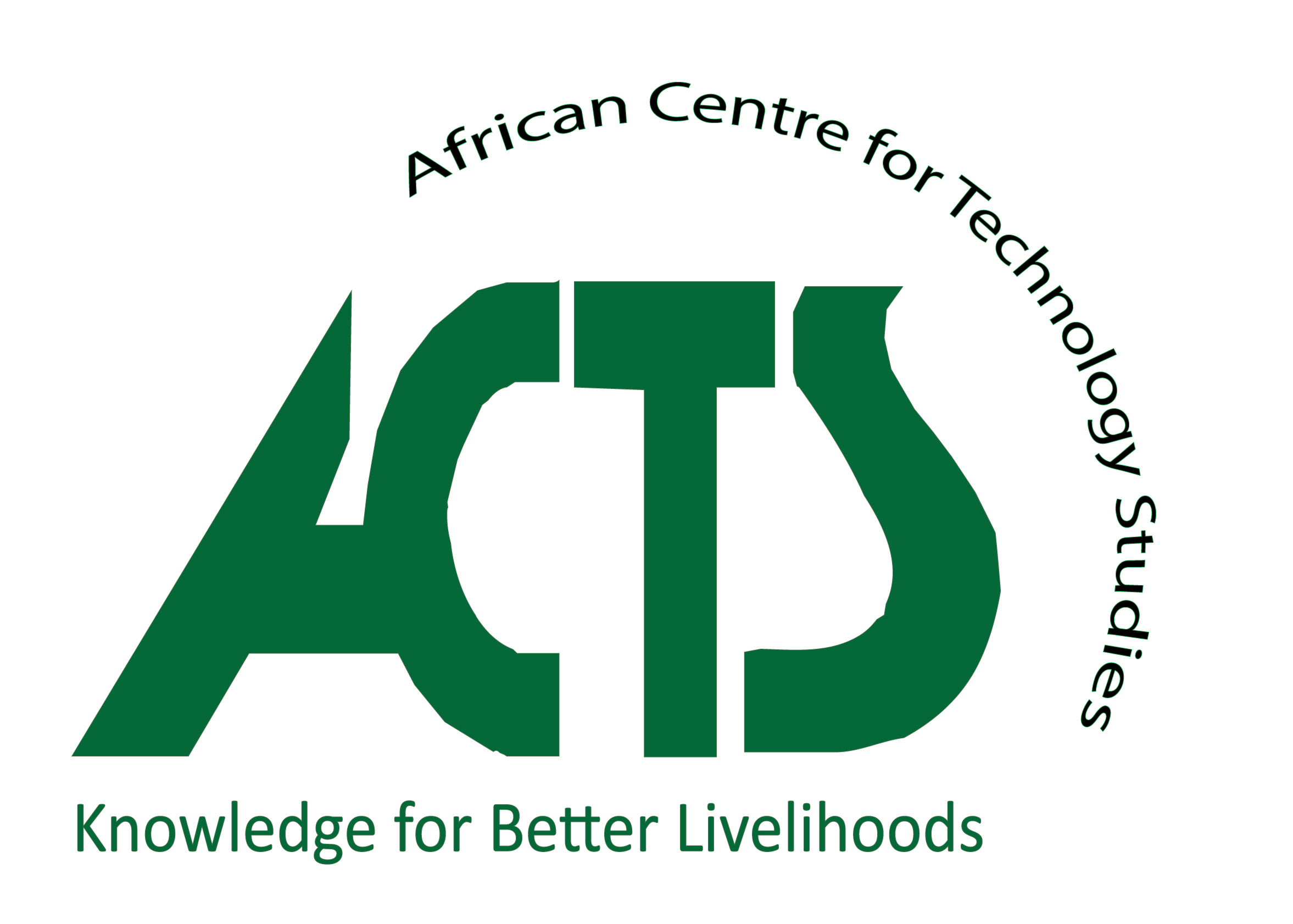ACTS is at the centre of a pioneering sustainable cold-chain solution project that is set to exponentially increase income for smallholder farmers in Kiambu County, Kenya
Poor infrastructure, lack of proper storage facilities and limited access to markets contribute to significant losses of perishable produce in Kenya. According to FAO, in Kenya an estimated KES 72 billion (578 million USD) of food is lost annually due to limited investment across the chain.
In this context, cold chain solutions present a compelling opportunity for Kenyan farmers to increase their incomes by reducing post-harvest losses and enabling access to new markets. However, food cold chain contributes to global gas emissions through cold chain technologies. For this reason,a pioneering sustainable project seeks to demonstrate how sustainable cold chain integration can enable smallholder farmers enhance their incomes and contribute to other sustainable development goals.
In this unique model, refrigeration trucks will be deployed to collect produce from farmers ensuring optimal preservation during transit. Upon arrival at dedicated aggregation centers, the produce will undergo sorting and grading, tailored to meet the diverse demands of the market.
This initiative is anchored on a Community Cooling Hub(CCH) project, linked to Africa Centre for Excellence for Sustainable Cooling and Cold-Chain (ACES), which is a first of its kind centre established in Kigali Rwanda to address the sustainable cold chain challenge in the region. Using an innovative “hub and spoke” model, ACES seeks to work with a network of Specialized Outreach and Knowledge Establishments (SPOKEs) to develop and disseminate expertise to accelerate sustainable and resilient cooling and cold-chain solutions across Africa.
Each cold storage has a pre-cooling capacity of up to 1tonne and a storage capacity of 4 tonne. To ensure, efficient connectivity from farm to fork, the cold storage is backed by How cold chain solutions are set to transform smallholder farmers’ fortunes in Kenya ACTS is at the centre of a pioneering sustainable cold-chain solution project that is set to exponentially increase income for smallholder farmers in Kiambu County, Kenya refrigerated transport ensuring cold chain linkages right to the consumer. Cold rooms will be installed at aggregation centers that will be the platform for aggregating, grading and sorting of produce for marketing.

This will not only enhance existing agricultural operations but also diversify crop portfolios, offering farmers the opportunity to cultivate high-value produce. This will be underpinned by comprehensive support mechanisms, with farmers receiving certified seeds and agronomic guidance from a consortium of esteemed companies and governmental bodies.
ACTS is engaging with farmers in Kiambu in the establishment of a horticultural cooperative society. The horticultural cooperative is the business unit that will enable farmers to collaborate, aggregate and leverage the coldchain to engage with domestic and possible export markets to enhance their incomes.
The project will also provide a traceability mechanism whichis particularly important in safeguarding food safety, ensuring quality, meeting regulatory requirements, fostering consumer trust, and enhancing supply chain efficiency. By leveraging their produce as collateral, farmers will gain access to vital credit facilities, fostering a climate of entrepreneurship and sustainable growth within the community.



